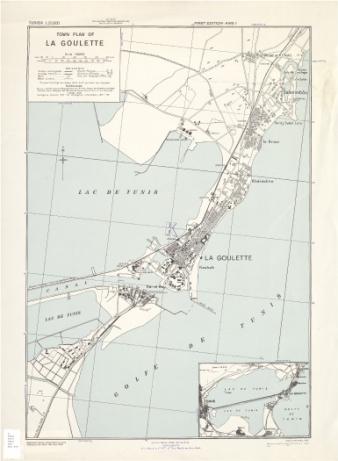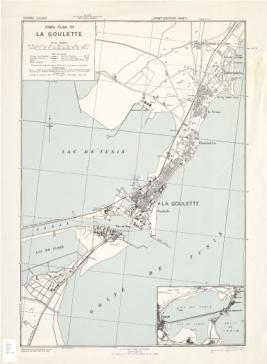Plague, cholera, and fevers, in their ability to wreak havoc on society, have disrupted the commercial and geopolitical fabric in port cities, yet their outcome have also been linked to nascent colonial relationships, public health measures, and scientific practices. Interwoven into the medical and social crisis of these epidemics was a transformation in how individuals and state actors tracked and managed disease. This project maps epidemics, public health, and scientific practice in Algiers, Alexandria, and Tunis and shows how they were linked to the expansion of commerce and colonial power.
The transition from the early modern to the modern period produced a particular form of state organization and power whereby capitalism, European militarization, and Arab medical modernization were linked to the imperative to control epidemics and people. Mediterranean port cities were particularly subject to that surveillance insofar that states, merchants, and international organizations—in the modern period—systematically tracked goods and people for the sake of managing epidemics. On the one hand, vital statistics were a way of tracing and legitimizing people, and on the other hand, it also reshaped notions of contagion, knowledge, and subject-hood. Using chronologies, commercial records, maps, and statistical sources, the project will incorporate and problematize the political economic trends that influenced public health and scientific practice in North Africa and the Middle East.

Mapping the Port of La Goulette.

